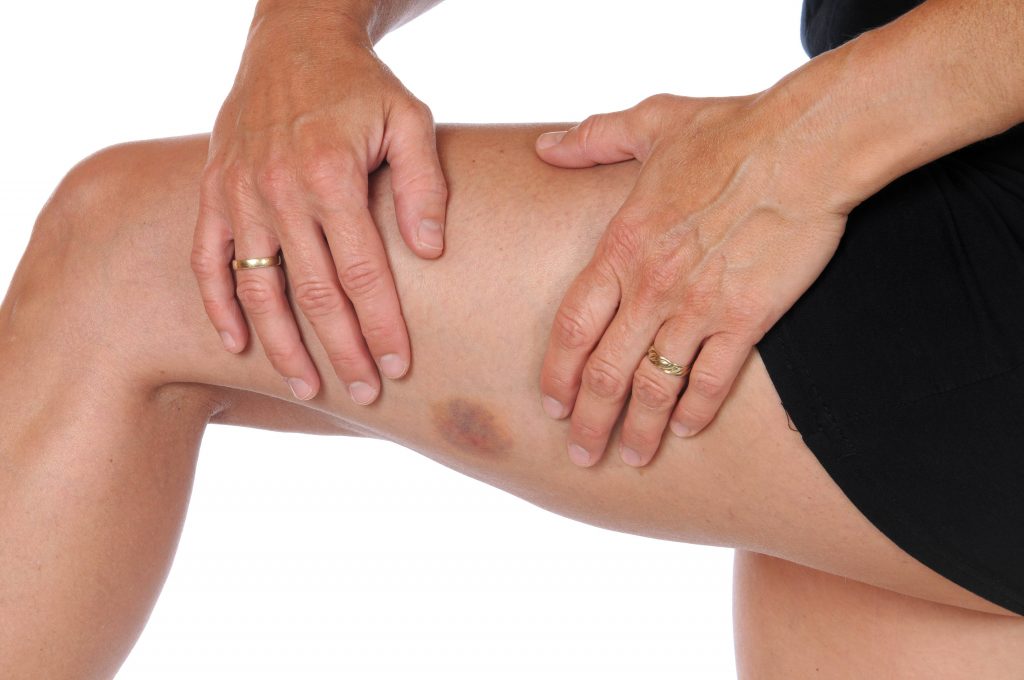-
Housecall: Easy bruising and age
 THIS WEEK'S TOP STORIES
THIS WEEK'S TOP STORIES
Easy bruising: Why does it happen?
Easy bruising is common with aging. As you get older, your skin becomes thinner and loses some of the protective fatty layer that helps cushion your blood vessels from injury. Although most bruises are harmless and go away without treatment, easy bruising sometimes can be a sign of a more serious problem. Here's what you need to know.
Coping with stress: Workplace tips
The workplace can be a source of stress. Effectively coping with job stress can benefit your professional and personal life. From identifying and addressing triggers, to keeping perspective and knowing when to seek help, here are some tips for managing your workplace stress.
EXPERT ANSWERS
Is loss of taste and smell normal with aging?
Some loss of taste and smell is natural with aging, especially after 60. However, other factors can contribute to loss of taste and smell, including allergies, medications, cigarette smoking and dental problems. Learn more from Dr. Paul Takahashi, a Mayo Clinic internist and geriatrician.
Are isometric exercises a good way to build strength?
Isometric exercises are contractions of a particular muscle or group of muscles. Isometric exercises help maintain strength. They also can build strength but not effectively. Isometric exercises may increase stability and lower high blood pressure. They also may be useful for people with arthritis or an injury making exercise involving movement difficult. Learn more from Dr. Edward Laskowski, a Mayo Clinic physical medicine and rehabilitation specialist and co-director of the Mayo Clinic Sports Medicine Center.
PLUS ADDITIONAL HIGHLIGHTS
Slideshow: Choose the right foods for weight control
Overactive bladder
Traumatic brain injury
Night leg cramps
HEALTHY RECIPES
Orange juice smoothie
Overnight refrigerator oatmeal
Baked macaroni with red sauce
Chicken quesadillas
HEALTH TIP OF THE WEEK
Feeling faint? What to do
If the blood supply to your brain is inadequate, even momentarily, you may feel faint. You may even lose consciousness for a short time. If you feel faint, lie down or sit down. If you're sitting down, place your head between your knees. Don't stand up again too quickly. Sometimes fainting has no medical significance. In other cases, fainting can be caused by a serious underlying condition. Discuss it with your health care provider.
Need practical advice on diet and exercise? Want creative solutions for stress and other lifestyle issues? Discover more healthy lifestyle topics at mayoclinic.org.
Receive a free e-subscription to Housecall and other health newsletters.







